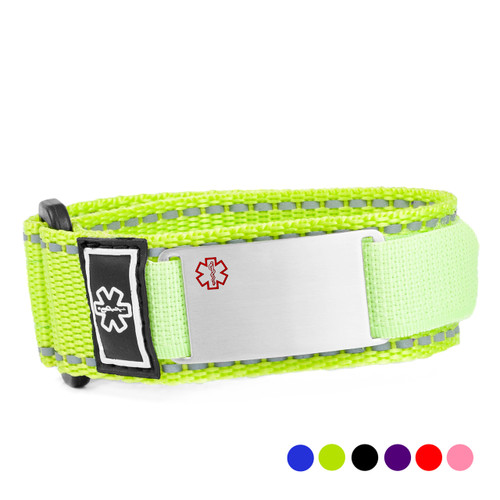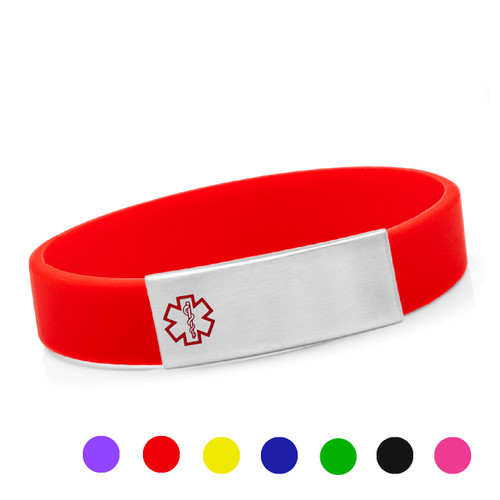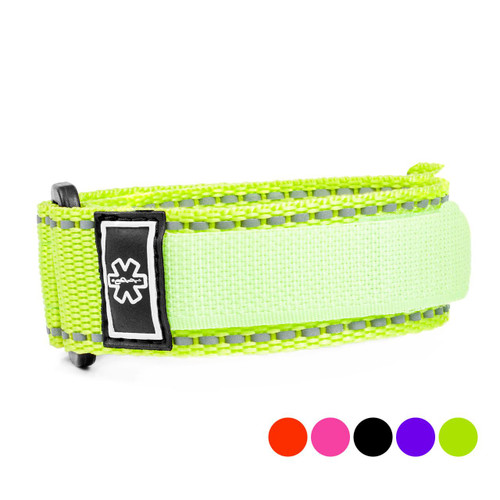Autism is a neurodevelopmental disorder characterized by difficulty with social interaction, communication, and exhibiting restricted behavior and interests. Symptoms of autism vary, but may include difficulty communicating, repetitive behaviors, difficulty making and maintaining friendships, and lack of eye contact. Treatment for autism typically includes behavioral therapy, communication therapy, and occupational therapy. Medications are also sometimes used to manage symptoms. It is important to work with medical professionals to develop an individualized treatment plan that meets the specific needs of the individual with autism.
Autism Jewelry
While it's a good idea for any person with a medical condition to wear a medical ID, it's exceedingly vital for people with Autism. Shop our selection of Autism bracelets and other Autism jewelry products including necklaces and charms today.













